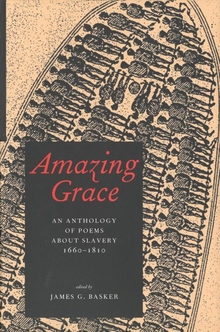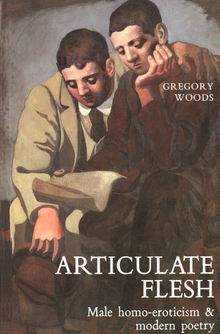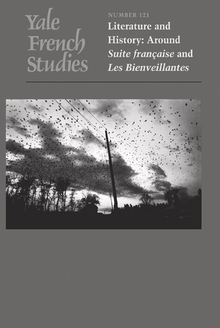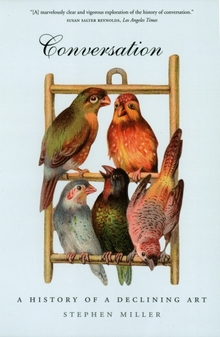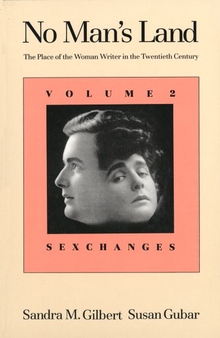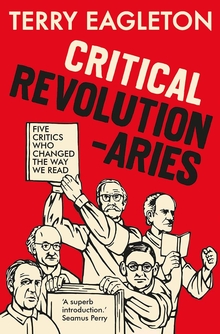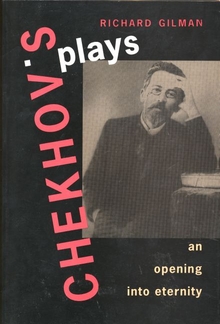Amazing Grace
WARNING
You are viewing an older version of the Yalebooks website. Please visit out new website with more updated information and a better user experience: https://www.yalebooks.com
An Anthology of Poems About Slavery, 1660–1810
Edited by James G. Basker
Out of Print
This landmark volume is the first anthology of poetic writings on slavery from America, Britain, and around the Atlantic during the Enlightenment--the crucial period that saw the height of the slave trade but also the origins of the anti-slavery movement. Bringing together more than four hundred poems and excerpts from longer works that were written by more than 250 poets, both famous and unknown, the book charts the emergence of slavery as part of the collective consciousness of the English-speaking world.
The book includes: poems by 40 women, ranging from abolitionists Hannah More to Frances Seymour, the Countess of Hertford; works by more than 20 African or African American poets, including familiar names, interesting figures, and newly recovered black poets, and poetry by such canonical writers as Dryden, Defoe, Pope, Johnson, Blake, Boswell, Burns, Wordsworth, and Coleridge. The poems speak eloquently of the themes of slavery—capture, torture, endurance, rebellion, thwarted romances, and spiritual longing. They also raise questions about the contradictions between cultural attitudes and public policy of the time. Writers such as these, suggests editor James Basker, were not complicit in the imperial project or indifferent about slavery but actually laid the groundwork for the political changes that would follow.
The book includes: poems by 40 women, ranging from abolitionists Hannah More to Frances Seymour, the Countess of Hertford; works by more than 20 African or African American poets, including familiar names, interesting figures, and newly recovered black poets, and poetry by such canonical writers as Dryden, Defoe, Pope, Johnson, Blake, Boswell, Burns, Wordsworth, and Coleridge. The poems speak eloquently of the themes of slavery—capture, torture, endurance, rebellion, thwarted romances, and spiritual longing. They also raise questions about the contradictions between cultural attitudes and public policy of the time. Writers such as these, suggests editor James Basker, were not complicit in the imperial project or indifferent about slavery but actually laid the groundwork for the political changes that would follow.
James G. Basker is Ann Whitney Olin Professor of English, Barnard College, Columbia University, and president, Gilder Lehrman Institute of American History.
“James Basker’s Amazing Grace is an astounding literary and editorial achievement. The sheer scale and significance of slavery in the Anglophone world’s imagination from the seventeenth to the nineteenth centuries has never been better exhibited than in these hundreds of poems and in Basker’s rich historical introduction. This anthology will be a lasting revelation in the cultural history of slavery and race.”—David Blight, Amherst College, author of Race and Reunion: The Civil War in American Memory
“James Basker’s Amazing Grace adds incomparably rich sources to our understanding of the cultural changes in the Anglo-American world that made antislavery movements both possible and eventually effective. In the postmodern world it is difficult to understand the cultural importance and impact of poetry in the past, especially in the period from 1660 to 1810 in which Professor Basker has located 350 poems, which he annotates and which deal with the increasingly thriving and profitable systems of racial slavery and the Atlantic slave trade. These ballads, hymns, elegies, children’s poems, and passages from plays, operas, and musical comedies reflect profound shifts in emotion and moral perception and thus help to explain the emergence of the world’s first mass movement for humanitarian reform.”— David Brion Davis, Sterling Professor of History Emeritus, Director of Yale’s Gilder Lehrman Center for the Study of Slavery, Resistance, and Abolition, and author of The Problem of Slavery in Western Culture and most recently, In the Image of God: Religion, Moral Values, and Our Heritage of Slavery
“Amazing Grace adds incomparably rich sources to our understanding of the cultural changes in the Anglo-American world that made anti-slavery movements both possible and eventually effective.”—David Brion Davis
“A pioneering work.”—Hazel Carby, Yale University
“Amazing Grace is the most definitive collection of anti-slavery sentiment in verse yet compiled. This anthology brings together in one place for the first time an array of anti-slavery verse in English that is broader and more extensive than anyone could have imagined before. James Basker’s diligent research skills and impeccable annotation make this essential reading for historians and literary critics alike. This is a major contribution to the scholarship of slavery.”—Henry Louis Gates, Jr., W.E.B. Du Bois Professor of the Humanities Chair of Afro-American Studies, Harvard University
“The most definitive collection of anti-slavery sentiment in verse yet compiled, essential reading for historians and literary critics alike. This is a major contribution to the scholarship of slavery.”—Henry Louis Gates, Jr.
“James Basker’s Amazing Grace brings a literary elegance to the historical experience of millions of African and African American people, providing a poignant humanity to life under an inhumane institution.”—James Oliver Horton and Lois E. Horton, authors of Hard Road to Freedom: The Story of African America
"Basker’s book inverts much of the given history of slavery and the role it played in 18th century society. It has trawled through the documentation of the period with a fine tooth comb to uncover the truths that have become invisible today. . . . A big, moving book, vital reading for any student of the subject, but also an illuminating insight into man’s insoluble mix of the divine and the diabolical."—Hugo Worthy, Antiquarian Book Review
"This anthology of Anglophone poetry about slavery from the 17th to 19th centuries is monumental in scope, vision, and editorial skill. . . . Essential. All collections."—Choice
"[This] anthology of poems about slavery . . . is the first comprehensive anthology of its kind, covering roughly the time of the Enlightenment, between 1660 and 1810, a period in which the slave trade peaked and the antislavery movement began. Amazing Grace includes pro- and antislavery poems, interracial love poems, and a translated Greek ode. There are unknown poets and famous ones such as Alexander Pope, Robert Burns, and Phillis Wheatley. Harvard University professor Henry louis Gates Jr. has called the book ’a major contribution to the scholarship of slavery.’"—Renee Tawa, Los Angeles Times
"[This] new anthology demonstrates [that] poets on both sides of the Atlantic focused an early, bright, harsh and unwavering light on slavery even as the slave trade flourished and plantation owners prospered from it [and] . . . brings together a remarkably diverse cast of more than 250 poets."—Lawrence L. Knutson, News Tribune (Tacoma, WA)
"The poems hit home. . . . This huge collection is not likely to be eclipsed."—Publishers Weekly
“James Basker’s monumental anthology, Amazing Grace, is an essential addition to the number of current studies foregrounding issues of race and global economics in the literature of ‘long eighteenth century’. . . . Readers will thank him profusely for the enormous work it took to collect and expertly edit more than we ever could have imagined to exist. Reading through this rich and handsome volume is both eye opening pleasurable.”—Ann Cline Kelly, The East-Central Intelligencer
“A comprehensive anthology of all verse covering slavery in [the period from 1660–1810]. . . . The illuminating introduction . . . sets forth, economically and helpfully, the larger historical context (material, religious, legal, political) that gave rise to these poems. . . . [Basker’s] list of bibliographical sources (in manuscript or in print) of the poems makes the book of permanent scholarly value. . . . The historical interest [of this anthology] is exceptional.”—Helen Vendler, The New Republic
"This collection is remarkably comprehensive, reprinting a substantial amount of verse for the first time. . . . a remarkable volume."—Philip D. Morgan, Early American Literature
ISBN: 9780300091724
Publication Date: October 11, 2002
Publication Date: October 11, 2002
784 pages, 6 1/8 x 9 1/4

